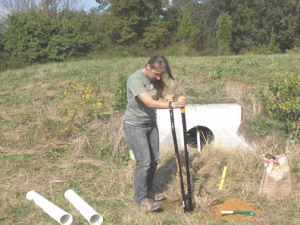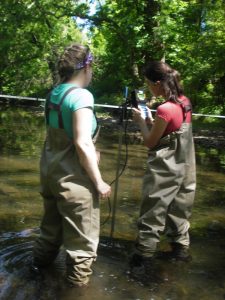How do I get involved in undergraduate research?
You can start by thinking about why you want to do research. Is it to develop some new skills? Build your resume? Do you already have a passion on a particular topic and want to dig deeper? These are slightly different emphases. In all cases, you need to find someone who is doing research and looking for a student to include in their work.
The SGE student club prepared a presentation on how to get involved in Undergraduate Research. Check it out!
Who would I work for?
How do I ask about research projects:
It is easier to ask a TA or faculty member that you have met in class. Tell them why you are interested and how much time you have available.
If you aren’t sure where your interests lie, you may want to start by helping a graduate student for a day in the lab or field.
You can look for projects in the college-sponsored Undergraduate Research Program (URP). Look for an email from Rose McGinnis! It is a good idea to talk to the faculty member in your area of interest before applying.
Talk to other students about what they are doing. Attend student poster session (URP in the fall and TURF in the spring).
What will I be doing?
Check out example projects at the EES department page or the Environmental Science program page.
You can get useful experience with short volunteer activities.
Should I do an internship or a research experience?
That is personal choice. You get more practical experience on the job. Many internships are paid positions.
You get to know a faculty member during your research experience. You get exposure to new techniques. Summer research is sometimes paid, but you need to be willing to devote time and energy on your own.
You do not have to have an internship or a research experience to get a job or get into graduate school although either one can help. But do not flit from project to project! Showing a deep interest in one project allows you to progress to more advances tasks, which is more impressive to employers and graduate admissions committees.

